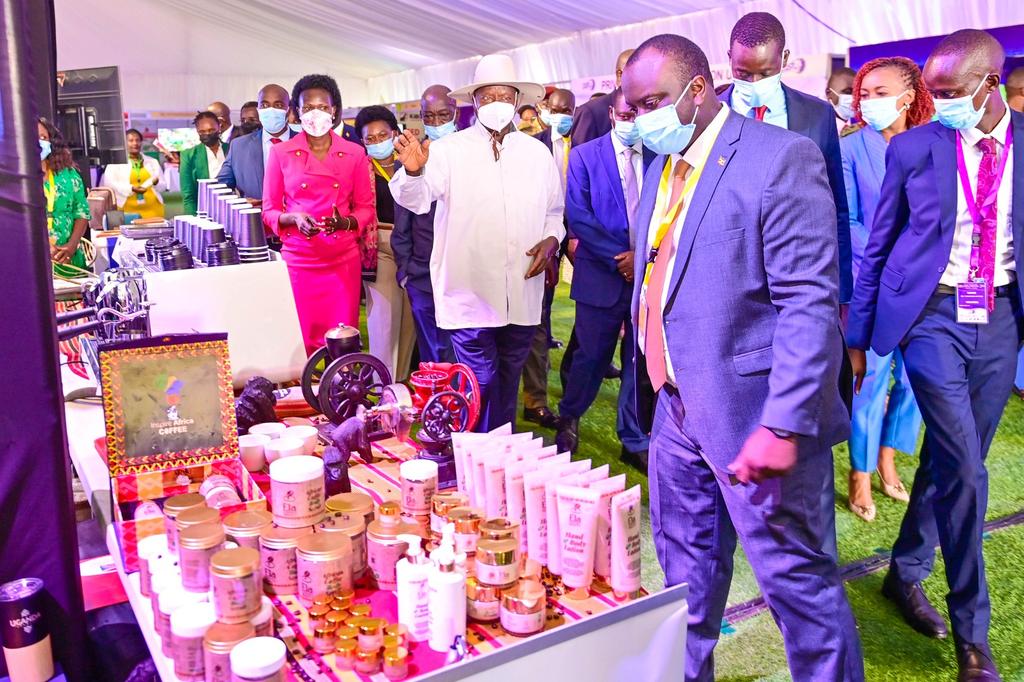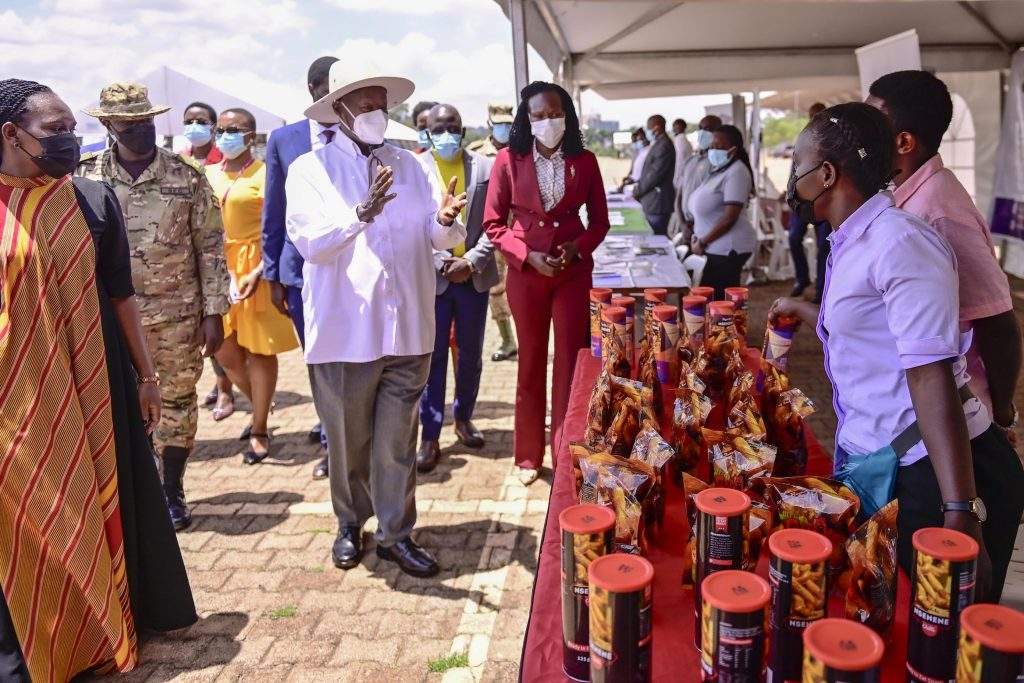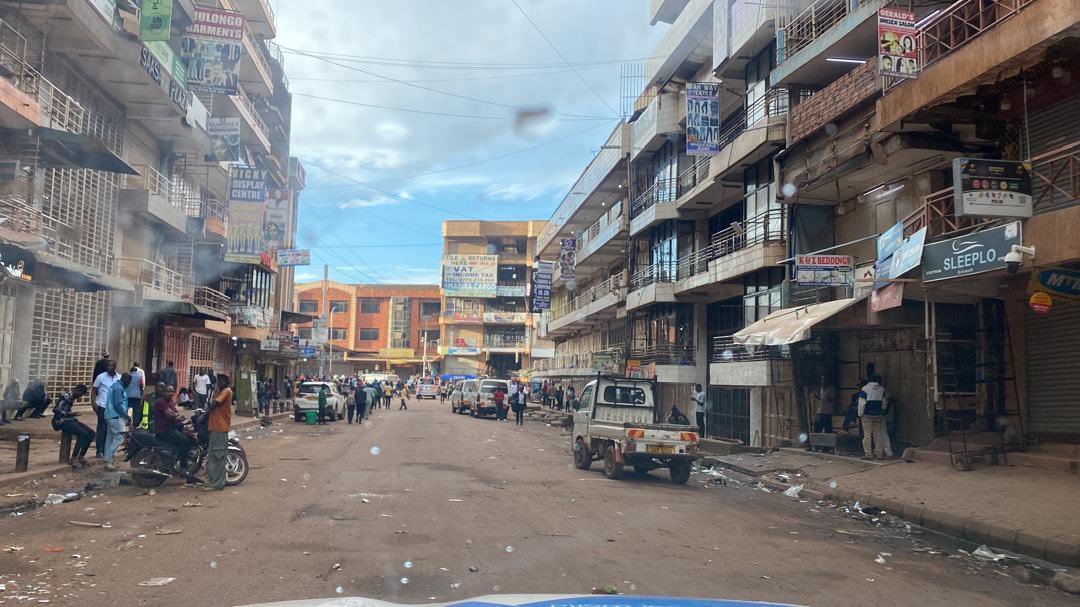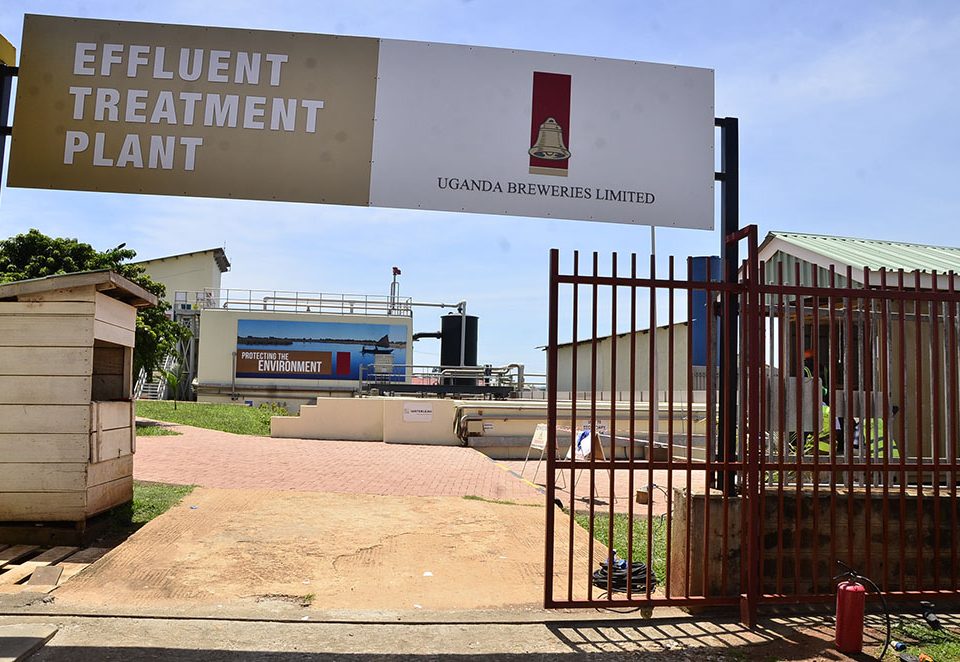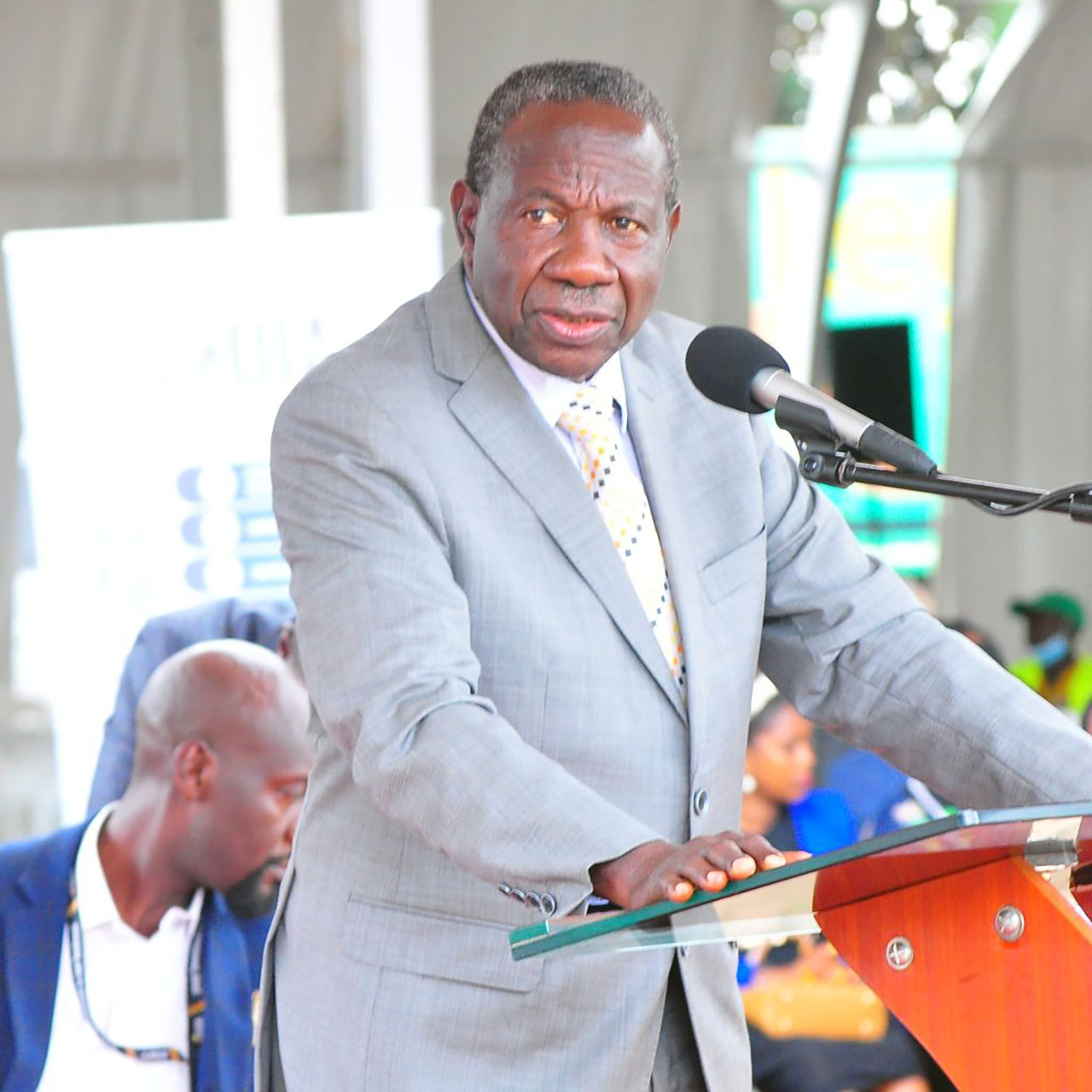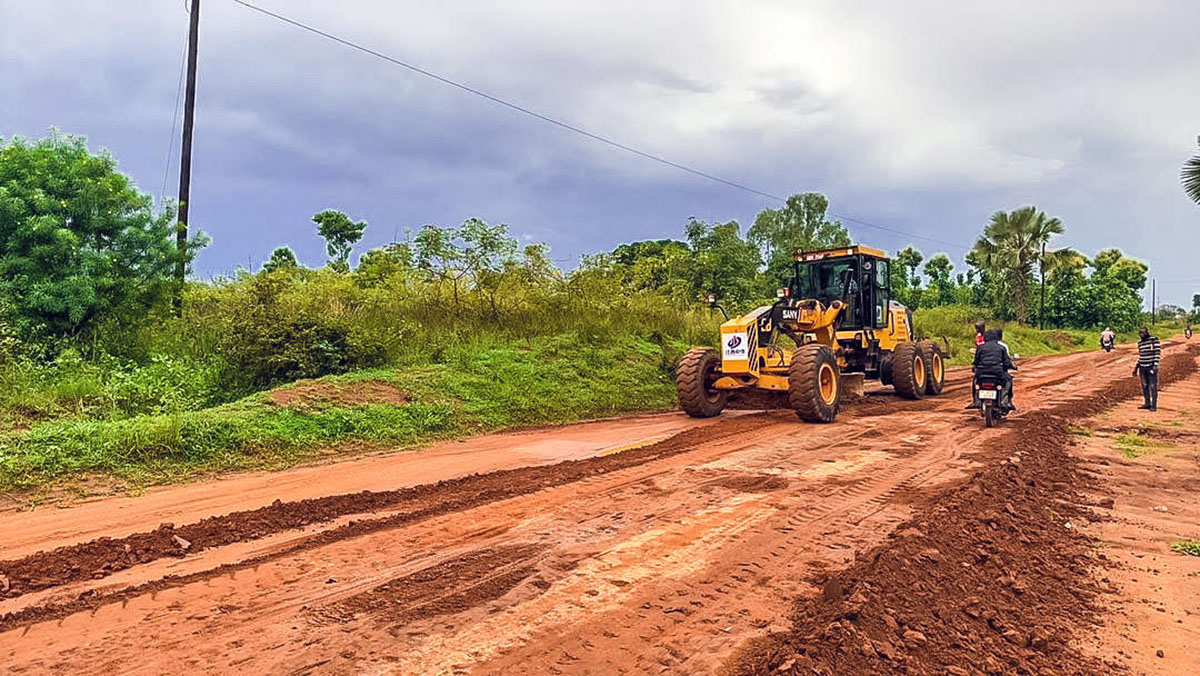Charcoal hikes September inflation by 0.2%

Niyimpa says the high matooke and charcoal prices contributed to the inflationary pressure in September.
Uganda experienced a notable increase in inflation in September 2024, as headline inflation rate soared by 0.2%, consistent with the previous month.
According to the Consumer Price Index released by the Uganda Bureau of Statistics (UBOS), charcoal and matooke prices emerged as the primary contributors to this inflationary trend, rising from 1.2% to 35.2%, while charcoal prices surged from 0.4% to 5.7%.
This significant increase underscores the impact of supply challenges on consumer prices. Ediger Niyimpa, the principal statistician at UBOS, attributed the dramatic rise in matooke prices to seasonal droughts that severely impacted production.
- These weather-related challenges have not only diminished supply but have also strained the market, leading to significant price hikes.
Additionally, the increase in charcoal prices has been linked to a recent ban imposed by President Museveni on charcoal burning and trade in Northern and North-Eastern Uganda. This policy has created supply shortages, further driving up prices.
Tushabe Kiiza, a small-scale trader dealing in matooke and charcoal at Froebel Ntinda, a suburb of Kampala, echoed Niyimpa's sentiments. He explained that the combined effects of reduced supply due to drought and regulatory restrictions on the commodities have made it increasingly difficult for traders and consumers alike.
- "We're seeing prices climb higher every day," Kiiza remarked, emphasizing the burden the high prices place on ordinary Ugandans.
Godfrey Magoma, a principal statistician at UBOS, advised Ugandans to explore alternative food options to alleviate the financial strain.
"It's crucial for families to find other foodstuffs that can satisfy their needs without breaking the bank," he suggested.
This advice comes as many households struggle to keep pace with rising prices, particularly for staple items like matooke and charcoal, which are essential in many Ugandan kitchens.
On an annual basis, UBOS reported that the headline inflation rate for the 12 months leading to September 2024 stood at 3.0%, a slight decrease from the 3.5% recorded for the year ending in August 2024.
- This decline is partially attributed to a lower annual core inflation rate of 3.7% compared to 3.9% in the previous year. Niyimpa noted that while commodity prices are rising, the overall speed of inflation is slowing down, which he views as a positive indicator for consumption and policy stability.
- Interestingly, not all prices have followed the upward trend. Data revealed that the prices of petrol and diesel decreased by 2.2%, a welcome relief after the 6.7% increase noted in the year ending August.
This drop in fuel prices could provide some respite to consumers and businesses facing higher costs elsewhere.
The situation remains complex, with the interplay of environmental factors and government policies significantly influencing market dynamics.
The ongoing adjustments in the market reflect broader trends in inflation and commodity prices, prompting consumers and policymakers alike to remain vigilant and responsive to shifting economic landscapes.



.jpeg)
